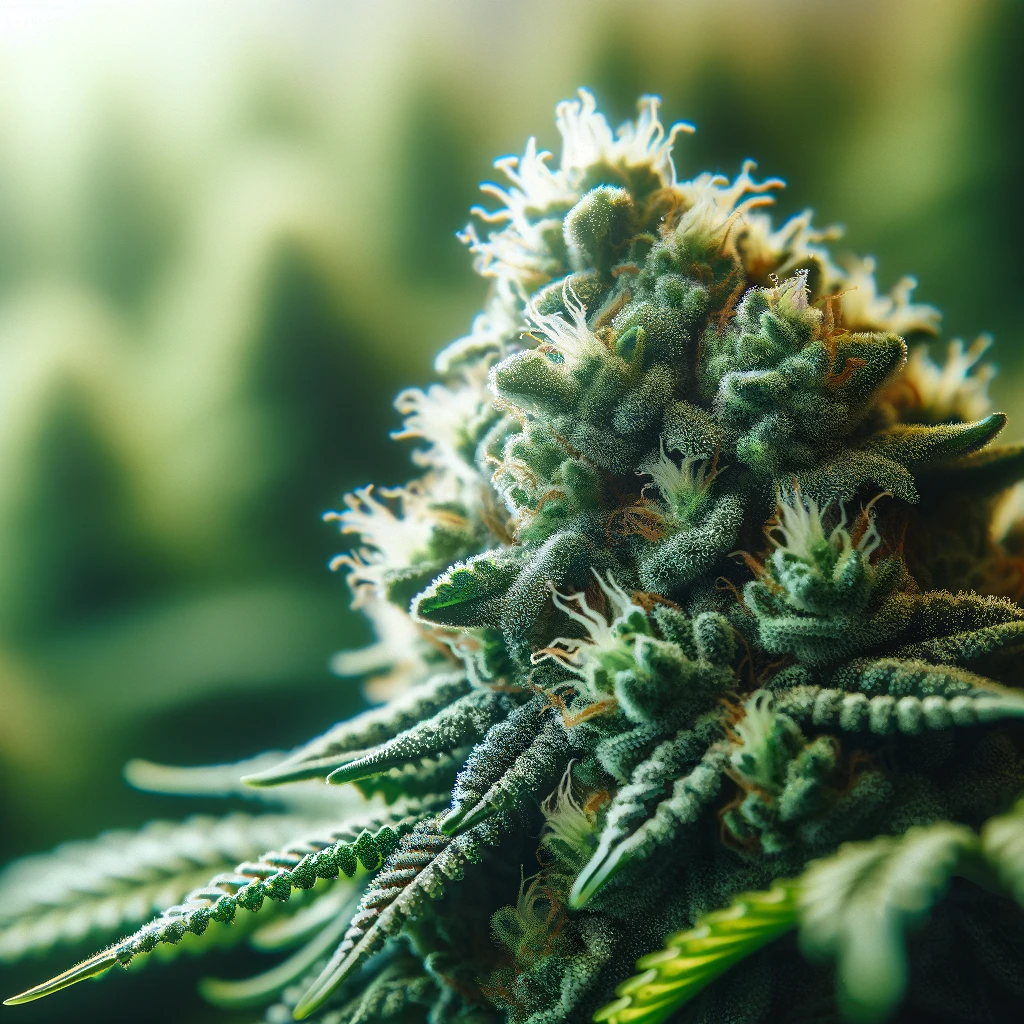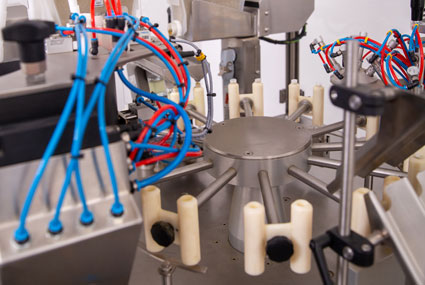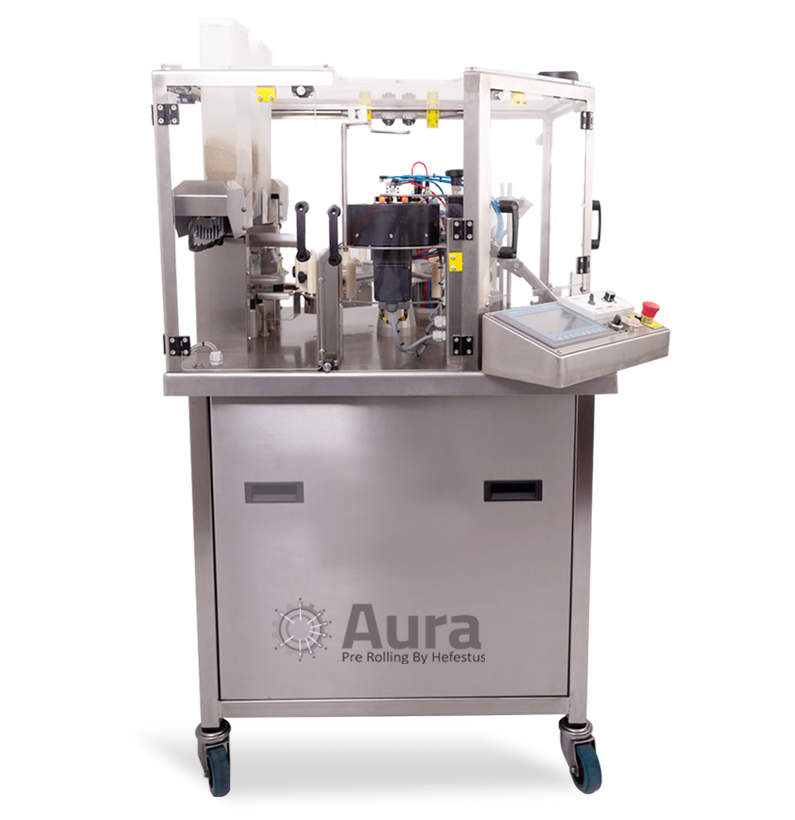What Schedule III Means for the US Cannabis Industry

A monumental shift is on the horizon for the U.S. cannabis industry.
With the DEA’s decision to reclassify cannabis as a Schedule III controlled substance, the industry is poised to go through massive changes.
While completely de-scheduling cannabis is the ultimate goal, here’s a quick rundown of what Schedule III means for the industry.
1. A Greenlight for Cannabis Research
Fewer restrictions around cannabis research and development is one of the most exciting implications with a shift to Schedule III.
Scientists and researchers will face less red tape and fewer bureaucratic hurdles, paving the way for groundbreaking cannabis discoveries and innovations.
2. Better Access to Banking and Financing
Transitioning to Schedule III will open the financial floodgates.
Cannabis businesses will finally have better access to banking services, loans, and credit lines, which have long been out of reach or limited in many cases.
The cannabis industry will also likely see greater access to both private and public capital.
This financial liberation will empower existing companies and newcomers alike to scale their operations and enhance their market presence significantly.
3. Tax Breaks and Streamlined Operations
Under Schedule I, cannabis companies are hamstrung by IRS Section 280E, which prevents them from deducting typical business expenses.
This eats into already-thin margins, making it extremely difficult to thrive as a business.
The shift to Schedule III classification will finally allow these businesses to deduct expenses like any other industry, boosting profitability, operational efficiency, and strategic positioning.
This change means more funds for essential functions like marketing, research, and development, and scaling through reliable automation.
4. Demystifying Cannabis Amongst the General Public
This shift in cannabis scheduling will no doubt creates lots of excitement and buzz around the industry.
It’s crucial to educate the public that reclassification isn’t an invitation to a free-for-all but a step towards safer and more regulated access.
This move is about advancing medical research, improving safety, and enhancing economic growth through legitimate channels.
The general public also needs to understand why complete de-scheduling is the ultimate goal.
5. Increased Legitimacy and Expansion
Overall, the reclassification to Schedule III will bring a significant legitimacy boost to the space, attracting new players, investors, and partners.
This influx of talent, ideas, and capital will no doubt drive further innovation and expansion, reinforcing the industry’s potential and its role in the broader economic landscape.
It’s an exciting moment to be part of this industry.
Are You Ready for Schedule III?
The cannabis industry is on the brink of explosive growth.
Licensed operators and other industry stakeholders will face a gamut of new questions, choices, challenges, and opportunities.
The immediate road ahead is paved with lots of uncertainty around the ripple effect that Schedule III will have on local cannabis markets and regulations.
However, by understanding the key impacts of reclassifying cannabis as a Schedule III substance, stakeholders and the general public can better prepare for the promising future that lies ahead.





